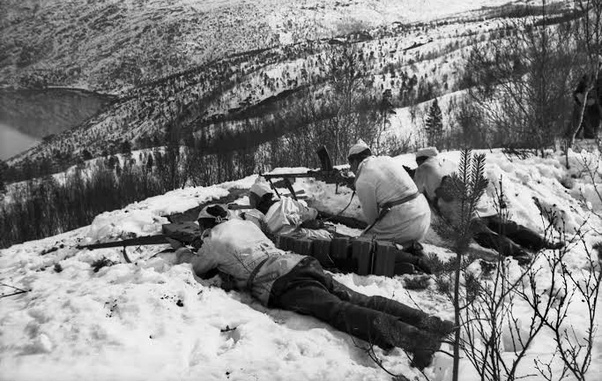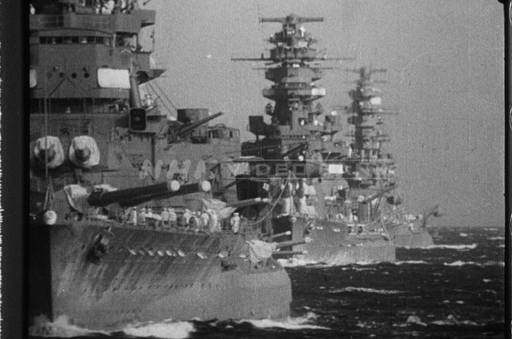

How did Denmark and Norway avoid significant destruction during World War II, despite being near Germany?
How did Denmark and Norway avoid significant destruction during World War II, despite being near Germany? Denmark and Norway experienced different circumstances during World War II that contributed to relatively limited destruction compared to other European countries:
Denmark:
Swift German Occupation:
On April 9, 1940, Germany launched Operation Weserübung and swiftly occupied Denmark, which, in contrast to other countries, chose to offer minimal resistance. The Danish government decided to surrender within a few hours to avoid large-scale destruction and casualties. Germany allowed the Danish government to continue functioning with a degree of autonomy until 1943, which helped to prevent widespread infrastructure damage.
Strategic Importance:
Denmark was crucial for Germany as a pathway to Norway and for its agricultural output. Since the Germans needed Denmark as a stable supply source and access route, they had an interest in keeping the country as undamaged as possible.
Norway:
Strategic Military Operation:
Germany also invaded Norway on April 9, 1940, primarily to secure its iron ore shipments from Sweden and to prevent a potential Allied blockade. Unlike Denmark, Norway resisted for two months, with support from British and French forces. However, the country was eventually overrun by German forces.
Limited Destruction in Occupation:
Once occupied, Norway was strategically important for its coastline and naval bases, which the Germans wanted to maintain in working condition. Major battles took place during the initial invasion, but there was no prolonged fighting in most parts of the country during the occupation. This contributed to Norway avoiding significant widespread destruction, although there were some localized damages from military activities and Allied bombings targeting German installations.
Overall, the limited resistance from Denmark and the strategic importance of maintaining functional infrastructure in both countries contributed to the relatively lower levels of destruction compared to other European nations directly involved in prolonged warfare.




